Ukrainian Children Turn to Poetry

The Odesa Poetry Studio is a free program that creates space for children to gather, write poems, and share their work with one another, validating their voices and feelings as they live through ongoing war.
Jump to navigation Skip to content

The Odesa Poetry Studio is a free program that creates space for children to gather, write poems, and share their work with one another, validating their voices and feelings as they live through ongoing war.
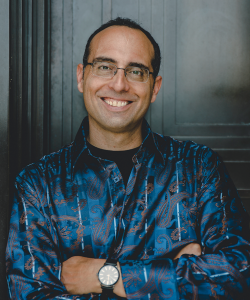
A poet explores the struggle to balance his roles as writer, educator, and activist during the war in Gaza and the refusal of silence during a conflict that has killed tens of thousands of civilians.
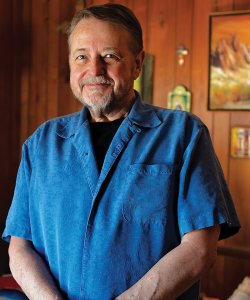
Luis Alberto Urrea always knew his mother had a story; he just didn’t know how to tell it. But in researching his new novel, Good Night, Irene, he gained a deeper understanding of the person she was and the happy ending she deserved.
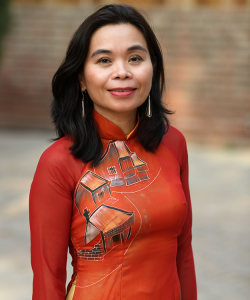
“I need to be authentic to my culture and invite readers to embrace the Vietnamese culture through my work.” —Nguyễn Phan Quế Mai, author of Dust Child

“There are plenty of hard truths in Ma and Me that were difficult to put down on the page, and then there are other truths that are mine, and mine alone, to keep.” —Putsata Reang, author of Ma and Me
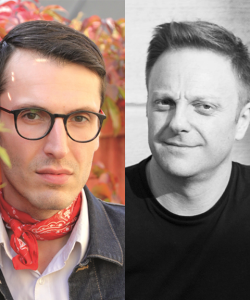
This week’s installment of Ten Questions features Pajtim Statovci and David Hackston, the author and the translator of Bolla.
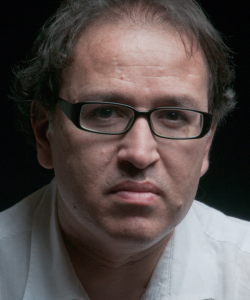
“Don’t ever find your voice.” —Khaled Mattawa, author of Fugitive Atlas

“I didn’t always feel like writing but I still made myself sit down and do it. I practiced discipline and worked towards inspiration.” —Maaza Mengiste, author of The Shadow King

“Throw pencils, get mad, take a walk. Swear off poetry, read a chapter of a post-apocalyptic novel, wash the dishes. Feel better? Back to writing.” —Karen Skolfield, author of Battle Dress